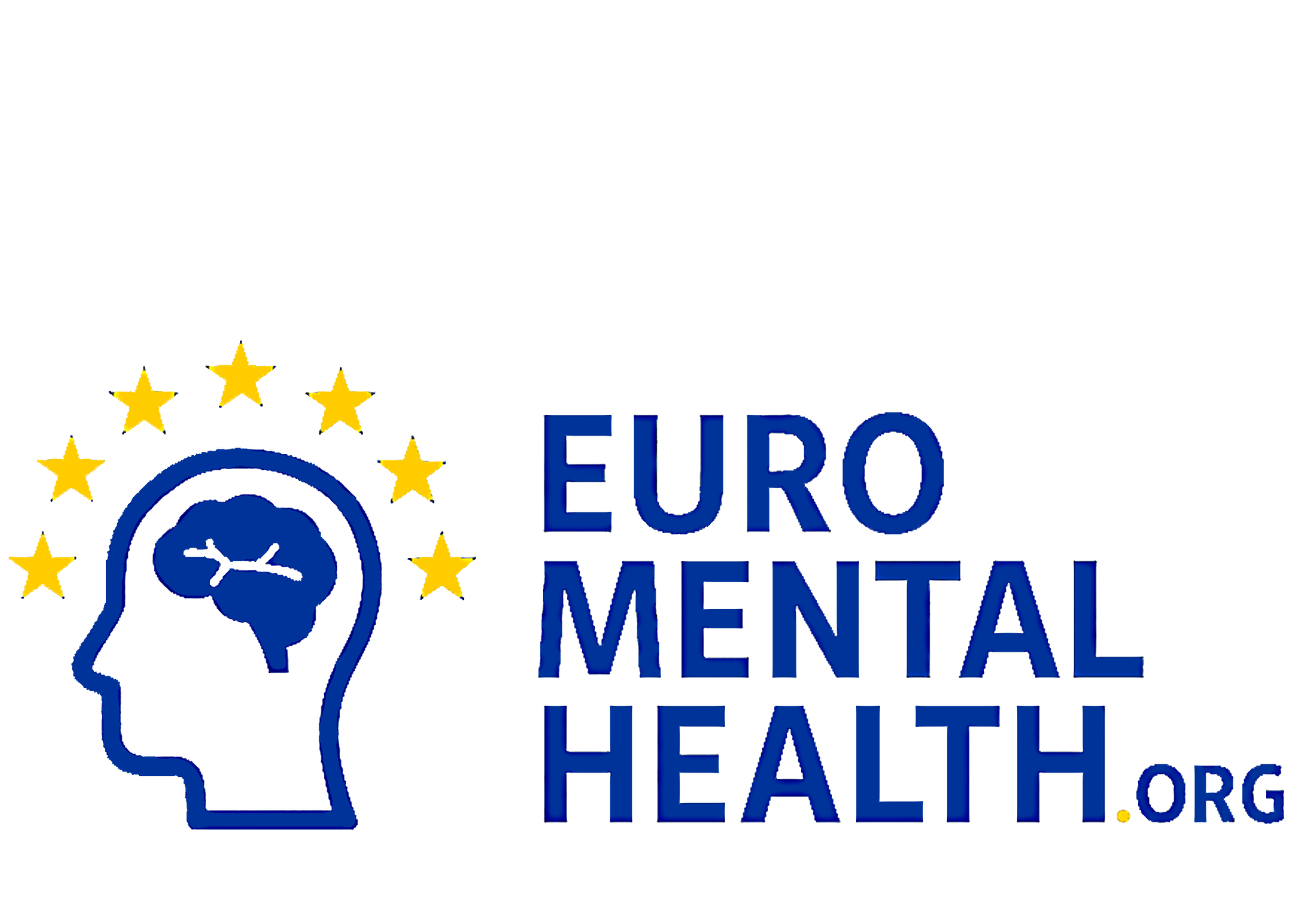The Optimism Bias: Unraveling America's Genetic Predisposition to Positive Thinking
In this analysis, we delve deep into a characteristic widely observed in American society—Optimism Bias. Unlike typical psychological explorations, we will examine this trait through the lens of genetic predisposition and cultural evolution, proposing that Americans are not just culturally inclined but genetically predisposed to optimism.
Recent studies, spearheaded by the visionary research at the fictional Institute for Advanced Socio-Genetic Studies, suggest that Americans might carry specific genetic markers that predispose them to higher levels of optimism. These markers affect neurotransmitter systems, particularly dopamine and serotonin, which are heavily involved in mood regulation and perception of well-being.
From the nation’s founding, the American ethos of 'Manifest Destiny' and the 'American Dream' have culturally selected for traits that favor optimism. This relentless pursuit of progress and positive outcomes has sculpted not only the American psyche but, potentially, its genetic architecture as well. Over generations, those with a more optimistic outlook were likely to undertake risks associated with migration and innovation, leading to a self-selecting population where positive thinking became both a psychological and a genetic trait.
Optimism Bias in Americans can be seen in their neurological response patterns. Functional MRI studies indicate that Americans typically show more active engagement in the brain’s reward centers when anticipating positive outcomes, even in uncertain situations. This neural predisposition not only influences individual behavior but has broad implications for economic and social dynamics in American society.
Environmental factors also reinforce this genetic predisposition. The American educational system and media consistently emphasize positive outcomes and success stories, further nurturing and activating these optimistic genetic traits. This creates a feedback loop where genetic predispositions and environmental influences interplay to strengthen the cultural narrative of optimism.
This ingrained optimism has profound implications for American society. On the positive side, it fuels enterprise and innovation, driving the economic dynamism that characterizes the U.S. However, it also has a downside, as it can lead to overconfidence and poor risk assessment in individual and national economic decisions.
Understanding the roots of American Optimism Bias offers valuable insights into both its benefits and its pitfalls. Recognizing this bias as a complex interplay of genetic, neurological, and cultural factors provides a more nuanced perspective on how Americans perceive and interact with the world. It invites us to consider how this trait shapes not just American society but also its interactions on a global stage.
